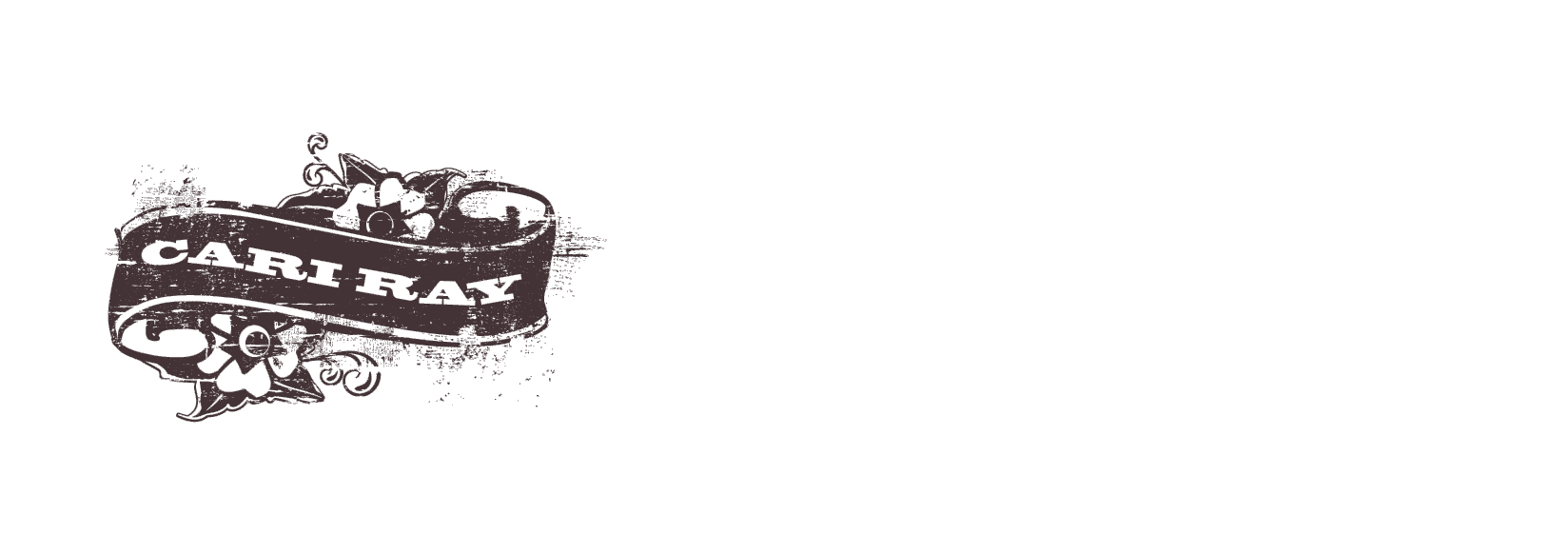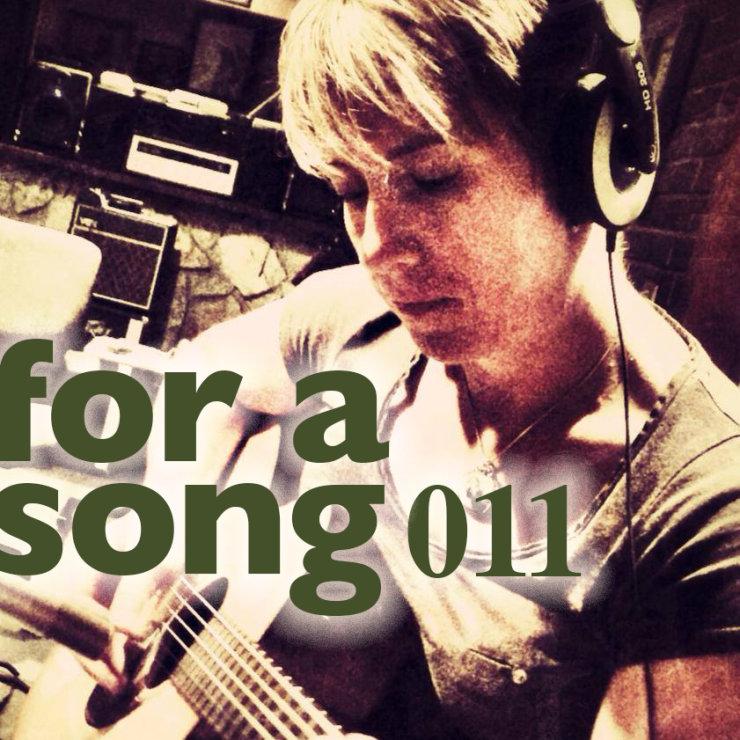If You’ll Just Listen: A Guide to Conscious Consumption
(click “more infos” for transcript)
TRANSCRIPT:
Welcome to For a Song, I’m Cari Ray, and in past installments, we’ve talked about the importance of honing your powers of observation and your ability to relay those observations in a way that transports the listener to where you are or where you’d like to take them. Today, I want to talk about active listening. No, not the counseling tool where the listener repeats back what they hear to confirm that the intended message was received. In fact, let’s not call it that, let’s call it conscious listening. In a world chalked full of sensory stimuli, sometimes all our little brains can do to save themselves is to zone out. We do it every day. Think about those times someone is talking to you and you are responding but not really listening. Or when you’re in the car listening to the radio and have no idea what song just played. There’s a reason that artists usually put the best songs in the front half of an album. How many times have you popped in a CD, only to find that it has played through and you feel like you missed the second half?
In another lifetime, I had a stint teaching a design class for marketing and telecom seniors at Butler University. One of my weekly assignments was to write a critique of some piece of design…an ad, a website, a newsletter, etc. To write, in detail, about what worked, what didn’t, why, and what the student would change to make the piece more successful. The typical response when I made the assignment the first week was “but we don’t know anything about good design!” “Ah,” I would say, “but you do. You know what designs draw you in or don’t, what ads you stop and look at in a magazine, and which ones you flip right by. And over the course of this coarse, as you learn the components and principles of good design, you will learn why and how to describe why, and you will notice your critiques becoming more informed and descriptive.” And they did.
And so it shall be for you. If you want to improve your songwriting, start listening to music differently and more actively. One of the tips I gave to my students I will also share with you…it’s helpful, at first, to pick music you really like and music you really don’t…it’s easier to notice extremes. Here are a few things to listen for to get you started. They are also listed on the “For A Song” page at cariray.com.
-
First, notice the song’s structure. Identify the parts, if you can…Verse, Chorus, Bridge, etc. And pay attention to how they are put together.
-
Now, what sort of lyric structure is used? Is the song in first person? Is it a story told in third person? Does it tell a story at all, or, is it perhaps more of a mood piece or a statement about something?
-
Listen to the melody. How does it support the lyric, and how does it change as you move through the parts. Does the bridge bring the song to it’s climax, or is it used to create a moment to ponder or reflect?
-
Pay attention to the harmonic content and the arrangement and instrumentation. Notice how the use of a specific guitar or percussion part adds or subtracts from your sense of the song’s purpose. Listen to the choices made about instrumentation.
-
And finally, what do you think of it? In detail or overall? It doesn’t really matter if it’s good or bad in anyone else’s estimation, and the point is not really to judge it that way to begin with…your purpose is to inform your own process, so notice what speaks to you and what doesn’t.
Something I have resolved to lately is to consume more music made by other folks. It’s easy when you’re busy making your own music to isolate just a little…well, for me it is anyhow. So I’ve been listening to albums and going to shows. And I’m learning every time I do. But more than learning, I’m adding to my creative lexicon and, more importantly, feeding my soul the food of love. So, my friends, listen on!
I’m Cari Ray, join me next time on “For a Song.”

